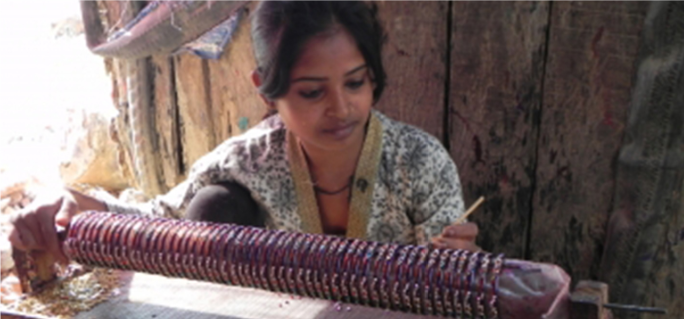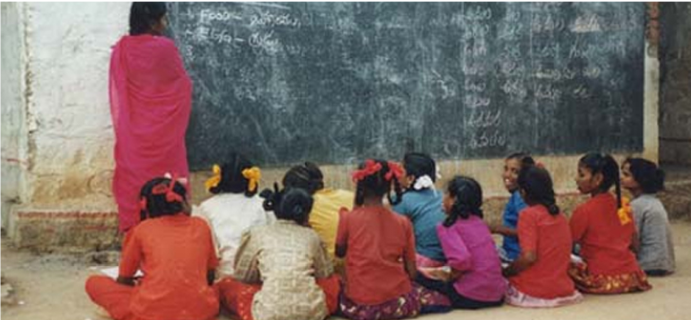Founded in 1982, Centre for Education and Communication (CEC) is a
resource centre dedicated to research, campaign and support
on key concepts, ideas and policies that enhance dignified and sustainable livelihood options of workers, in particular informal workers, and small producers.



